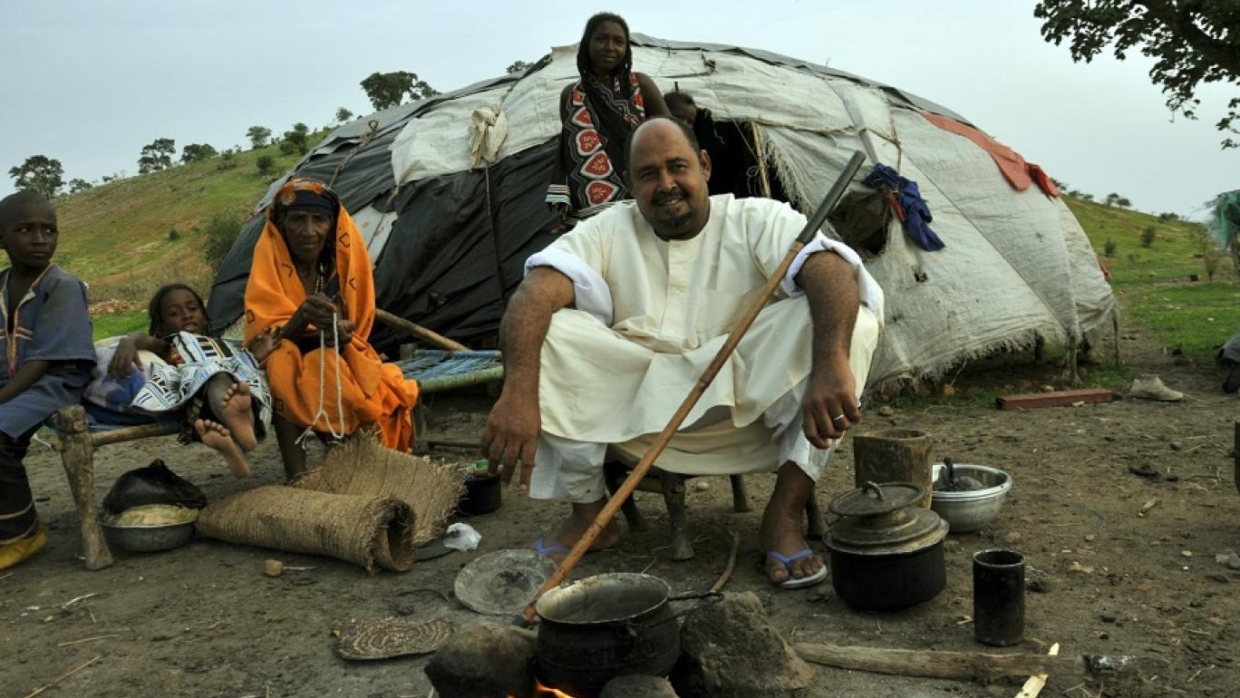The escalation of fighting and the growing number of violations against civilians in villages across the three Kordofan states and parts of the Darfur region have forced thousands of poor families, pastoralists, and nomads to flee rural Sudan for the first time — moving to cities in a reverse migration. They are escaping insecurity and seeking safety and stability, despite the vast differences in environment and daily life between rural and urban areas.
In recent months, the battleground has shifted from major cities such as Khartoum, Wad Madani, and Sennar to Kordofan and North Darfur. Following intensified attacks by the Rapid Support Forces (RSF) on civilians, the RSF has reportedly committed additional massacres in rural areas, leading to a rise in civilian deaths. Human rights organizations and activists have documented hundreds of fatalities.
Killings and Attacks
In recent weeks, RSF forces have launched violent assaults on several villages in North and South Kordofan and rural parts of Darfur, killing hundreds and wounding dozens.
Eighteen civilians were killed in an RSF attack on Umm Kuraydem near El-Obeid on August 8, according to the Emergency Lawyers group, which stated that the assault also left dozens injured and included “widespread violations, including abuse of residents and looting of property.”
In July, in the village of Breima Rashid near En Nahud in West Kordofan, at least 30 civilians — including women and children — were killed in a two-day RSF attack, the same group reported.
A human rights organization documenting war atrocities said that the RSF also killed at least 14 civilians while they tried to flee the village of Qarni, northwest of El-Fasher, in addition to dozens wounded and an unknown number detained.
Abandoning Farming and Herding
As a result of the ongoing violence, thousands of villagers and rural residents have been forced to abandon farming and herding — their lifelong livelihoods — and flee to urban areas. This threatens Sudan’s traditional agricultural season and has led to major livestock losses, with repeated looting of hundreds of sheep and goats, as well as the killing of many herders who resisted armed groups.
Herders are traditionally symbols of wealth and social status in the rural communities of Kordofan and Darfur. According to World Bank data, around 26 million Sudanese depend directly on the livestock sector, which, along with agriculture, provides the main source of income for more than 80 percent of rural residents.
Challenges and Social Barriers
Omar Idris, who fled from Umm Kuraydem in North Kordofan to Kosti, said that RSF attacks forced thousands to move to cities despite the difficulty of adapting to new living conditions.
He explained, “My children are struggling to adjust socially, and life in the city feels exhausting — the crowded spaces and lack of freedom make us feel suffocated.”
Idris, who had worked as a farmer for nearly 30 years, said he is now searching for a new job to support his family after losing his savings and crops to looting.
Lost Comforts of Village Life
Tayeb Hussein, displaced from Umm Oweisha near En Nahud to El-Obeid, said that leaving rural life is nearly impossible for many, given the absence of the social harmony and simplicity found in villages.
He added that after just six months in the city, he grew weary of the noise and chaos, failing to achieve the psychological peace he once had in his village. His herd of 60 female camels and 30 males was stolen by armed men, forcing him to work washing cars to support his family. He said armed groups committed “widespread violations, including murder, kidnapping, and looting” in West Kordofan villages.
A “Model” Choice for Some
By contrast, Rashid Abdullah, who fled from Dilling in South Kordofan to Sennar city, described displacement to urban areas as a “model choice,” given access to essential services such as health care, education, and even recreational programs, as well as agricultural projects.
He said he plans to remain in Sennar with his family until the conflict ends, emphasizing the importance of adapting to urban life and acknowledging that “rural areas will remain unattractive as long as there is no real development.”
Difficult Integration
Tehani Ibrahim, who fled from Al-Khoy in West Kordofan to Kassala, said her family could not integrate into city life and faced financial hardship and limited job opportunities. “Most rural residents have no experience outside farming or herding, which makes adaptation to city life extremely difficult,” she said.
Tehani highlighted the advantages of village life — “clean air, fresh food, close social bonds, and low living costs” — all of which allow for saving money and maintaining a healthier, simpler lifestyle.
A New Social Experience
Social researcher Lubna Farouq described the current wave of displacement as a “natural and inevitable movement in wartime,” though for rural Sudanese, she said, it is “an entirely new experience — more like an adventure.”
Asked about social class and adaptation, she explained that “living a new life in large cities is extremely difficult due to fast-paced routines, constant noise, and high living costs, which increase rates of depression and anxiety — especially under the pressures of war.”
However, she added that crises can also bring change and opportunity. “Some Sudanese cities have experienced economic revival due to the influx of displaced people,” she noted, pointing to small businesses — such as street food and beverage stalls — that have flourished in the wake of displacement.
